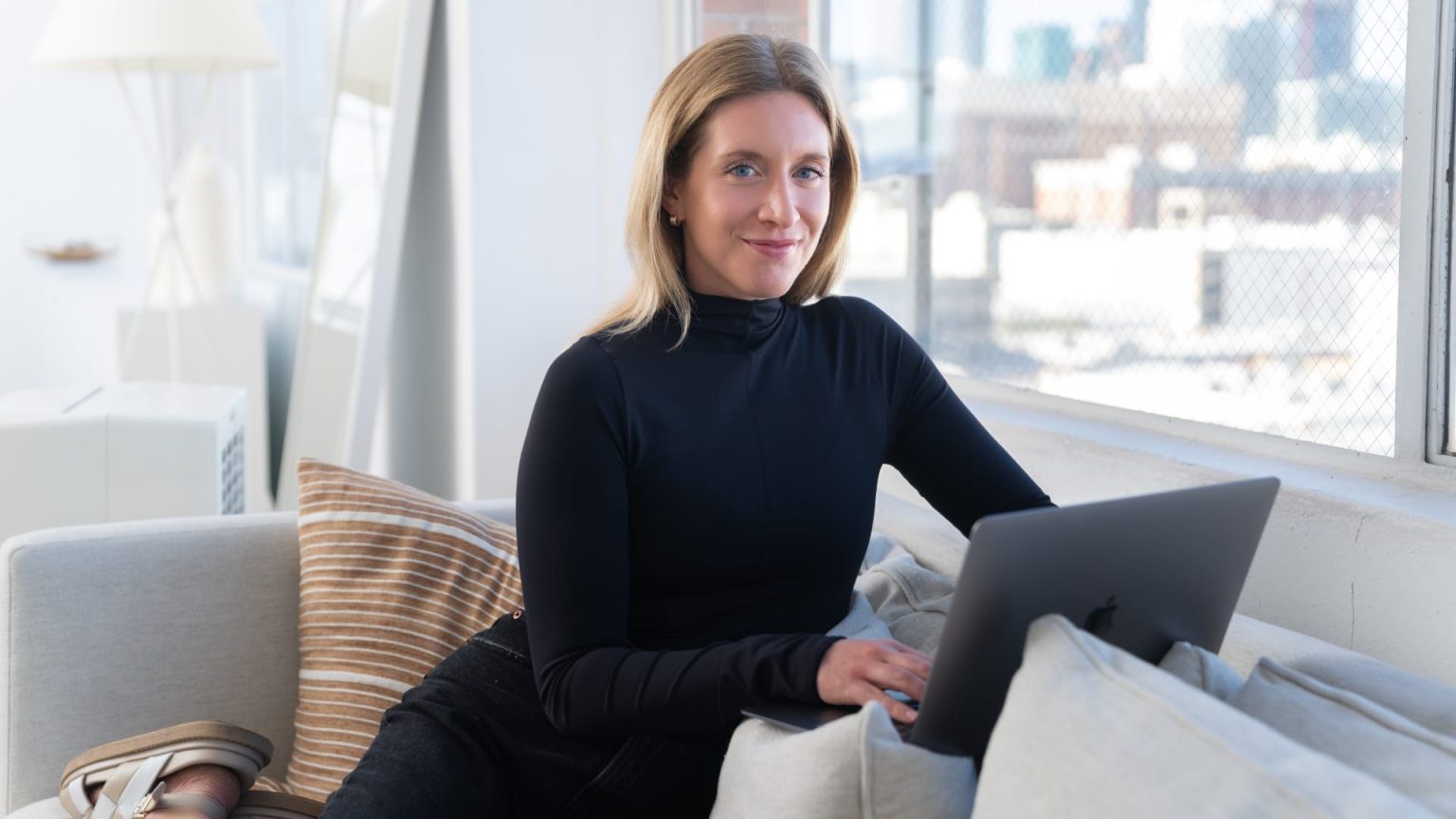When it comes to growing your wealth, sticking to some hard-and-fast rules can go a long way.
Michela Allocca would know. She’s a former financial analyst who managed to accumulate a net worth of more than $500,000 by age 28, according to documents reviewed by CNBC Make It.
In 2022, she left her corporate job to pursue her side hustle as a personal finance consultant full-time. In a recent TikTok post with nearly a million views, the “Break Your Budget” author shared practical tips on how to grow your wealth, drawing from her own experience.
These are five common money habits she avoids.
1. Shopping sales
While most people think of sales as a way to save money, they can also be an excuse to splurge on things you normally wouldn’t have purchased, Allocca says.
“Sales are designed to create FOMO,” Allocca says on TikTok, referring to the fear of missing out. “They’re designed to prompt you to purchase.”
Buying something you don’t need for 50% off is still spending money you weren’t planning to spend in the first place, she says.
Allocca still buys things she needs when they’re on sale, but she’s mindful to avoid unnecessary spending on anything else.
2. Impulse spending
Nearly all American adults say they spend impulsively, with 64% saying they’ve regretted the impulse purchases they’ve made, according to a 2023 study.
Since it’s so easy to make regrettable purchases, Allocca tries to avoid impulse shopping altogether. Instead, whenever she feels the urge to buy something, she adds the item to a list on her phone, which creates space between her and “an immediate urge and desire to buy something,” she says.
As a rule, she recommends giving yourself four or five days to consider the purchase. At that point, “you’re probably going to have forgotten about it,” she says.
“We as a culture are very uncomfortable denying ourselves what we all like to call ‘little treats,’ but everything can’t be a little treat,” Allocca says.
3. Using traditional savings accounts
Allocca favors high-yield savings accounts over the traditional savings accounts typically offered by large banks, as they offer better annual interest rates.
Currently, you can find high-yield savings accounts offering APRs of around 5%, while traditional accounts offer interest rates closer to 0.6%, per Bankrate’s most recent data. Many online banks and credit unions offer high-yield savings accounts, so they’re not hard tp come by.
“All of my cash savings are in a high-yield savings account,” says Allocca. “If you aren’t using a high-yield savings account, make 2024 the year you open one. There’s no catch, and there’s no downside — it’s literally just a space for your cash to earn a little bit of extra interest.”
4. Putting off investing
It can be easy to skip out on investing, especially in your 20s when retirement seems far off and you haven’t set up any dedicated accounts yet.
“There were probably two years post-grad where I didn’t invest really, because I was nervous, I was scared, I didn’t feel like I knew what I was doing,” says Allocca.
That said, “not knowing what you’re doing when it comes to investing is no longer an excuse because there is so much information floating around,” she says.
Plus, setting up a new investment account is fairly easy once you learn what you want, whether it’s opening a 401(k) retirement account through your employer or signing up for a brokerage account to invest in index funds.
Whatever you choose, it’s important to start investing as soon as you can, even if it’s only $50 per month at first.
That’s because it gives your money more time to grow. The effect of compounding interest is more exaggerated the longer you have funds invested, which means that younger people will get more bang for their buck if they start investing early.
5. Using a debit card
Allocca doesn’t use a debit card. Instead, she makes almost all of her purchases with travel rewards credit cards.
By doing so, she collects rewards points that can be used to purchase things like flights or hotels. However, since credit cards charge high interest rates that can quickly lead to more debt, she pays off the balance on her cards every two weeks.
“I never buy anything that I can’t pay off,” she says.
DON’T MISS: Want to be smarter and more successful with your money, work & life? Sign up for our new newsletter!
Want to land your dream job in 2024? Take CNBC’s new online course How to Ace Your Job Interview to learn what hiring managers are really looking for, body language techniques, what to say and not to say, and the best way to talk about pay. Get started today and save 50% with discount code EARLYBIRD.
Read the full article here




